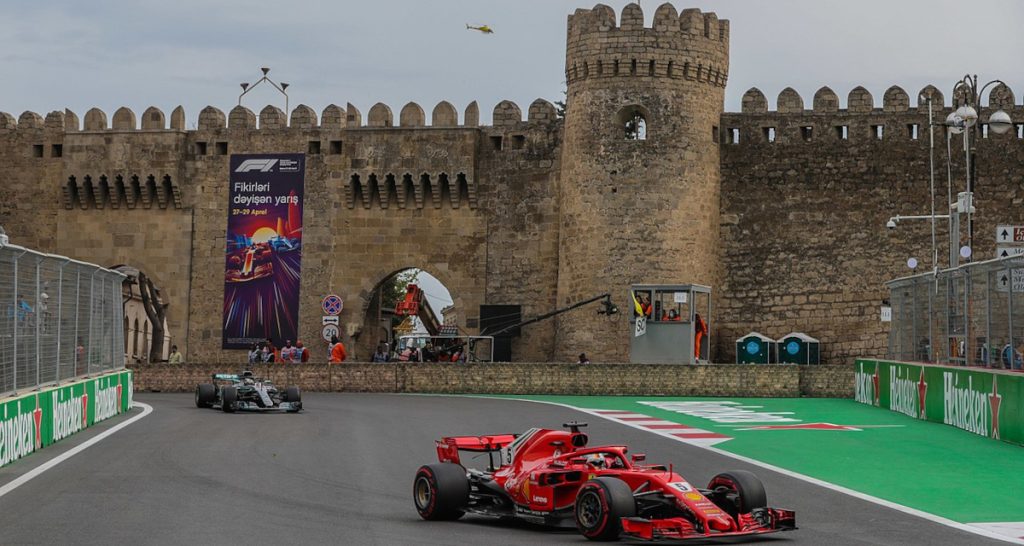The Azerbaijan Grand Prix Formula One event, where the use of songs including ‘Sprinter’ and ‘0800 Heaven’ factored into the Q4 2024 PPL distribution. Photo Credit: President.az
Phonographic Performance Limited (PPL) has disclosed a £45.3 million (currently $57.5 million) Q4 2024 distribution, which represents a slight decline from the prior-year quarter’s record payout.
London-headquartered PPL just recently revealed the fourth-quarter total, after posting its first-ever distribution of over £100 million earlier in 2024. Despite the latter, however, the Q4 2024 sum represents a nearly 7% slip from the same period in 2023.
The CMO didn’t dive into the precise reasons behind the decrease; a roughly $21 million international payment, up 29.9% YoY, went out in late September, however.
But it did reiterate that the newer figure also encompasses revenue from its music-video-focused sister company, VPL. All told, over 137,000 performers and rightsholders received Q4 payments for the use of their recordings, according to PPL.
Regarding those usages, PPL noted that 69 international CMOs had contributed to the distribution – up from 63 in Q4 2023 and once again a fresh single-payout high.
“Significant payments” came from France, the Netherlands, Sweden, the U.S., and Portugal, per PPL, which also confirmed receiving an initial contribution from RAYS in Azerbaijan (population 10.1 million) and “first time monies” from Guatemala (home to approximately 18 million).
Addressing the results, PPL CEO Peter Leathem touted the Q4 payment and several of the above-mentioned details.
“We are pleased to end our 90th year with a strong performance in line with our December payments over the past five years,” weighed in the more than 22-year PPL higher-up. “We continue to champion music rights on behalf of performers and recording rightsholders around the world through our growing network of CMO partners, for example, with first-time payments from Azerbaijan and Guatemala.
“I am also delighted to see over 9,400 members receive a payment for the first time, helping them to start building sustainable music careers,” concluded Leathem, whose company pointed to a $2.9 million/£2.3 million “Annual Supplementary Remuneration Fund” 2024 payment as well.
Yesterday, we covered an initial wave of pushback against and criticism of a U.K. government proposal that would enable tech firms to train AI with copyrighted works. Not coincidentally, PPL at about the same time announced its membership in the just-formed “Creative Rights in AI Coalition.”
Counting as members a number of other companies and organizations, operating in and beyond the industry, the entity further rolled out three initial principles calling for “a mutually beneficial, dynamic licensing market,” generative AI training transparency, and steps to enhance long-term “growth and innovation” in the space.

